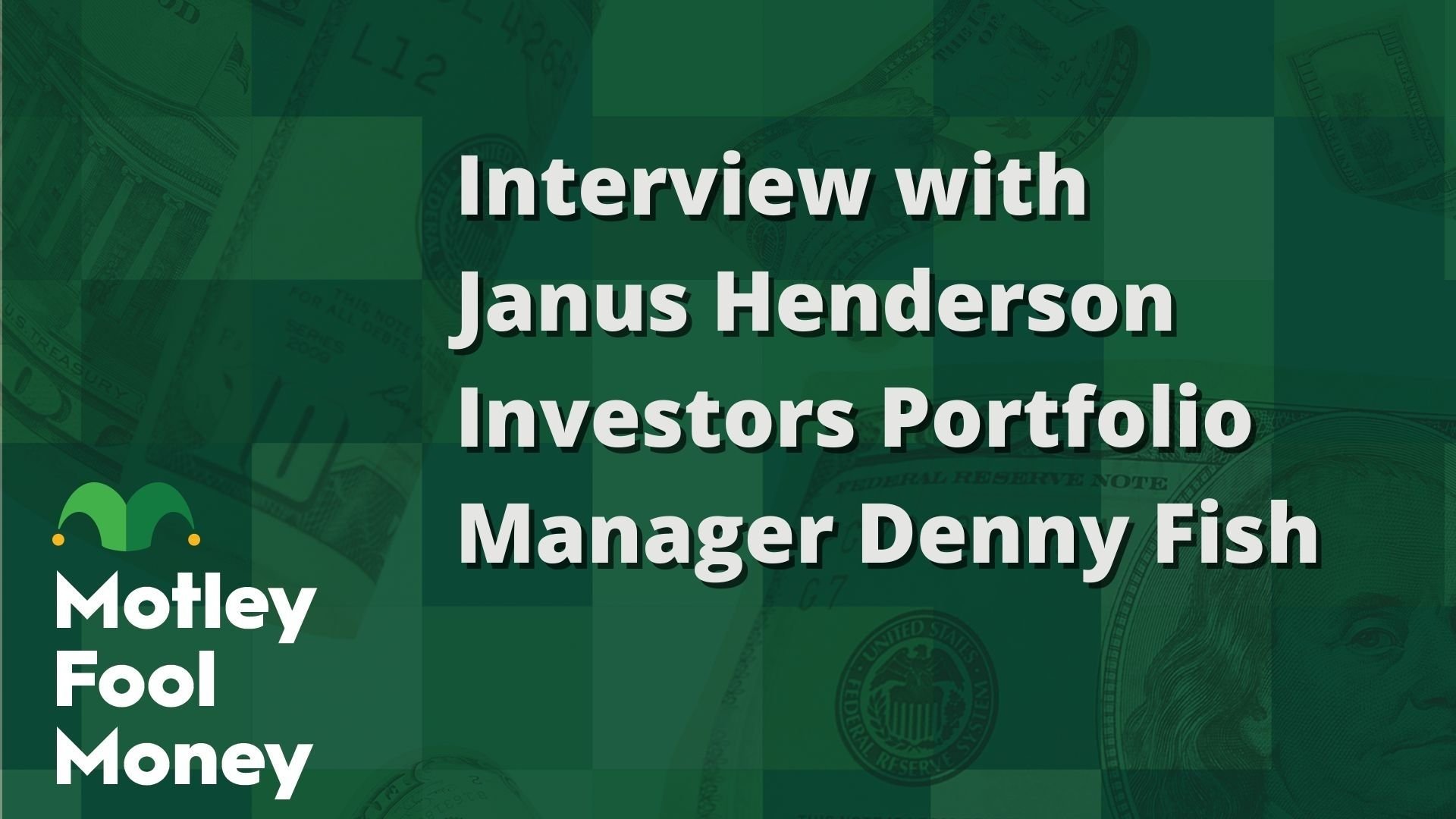This article was updated on Sept. 22, 2017, and originally published Jun. 23, 2016.
Scrolling through my Facebook feed, I stumbled upon an ad for Fundrise, which promises incredible returns from crowdfunded investments in real estate. The company, which combines investments as small as $1,000 from individual investors to make larger loans and equity investments in real estate, boasts on its historical performance page that investors could have earned an annualized return of 8.76% in 2016 .
Fundrise has a number of funds that have varying investment strategies. A recently-formed fund by the name of Fundrise West Coast Opportunistic REIT has a stated goal to generate returns by investing in real estate projects in large metropolitan areas like Los Angeles, San Francisco, Seattle, and Portland, for example.

IMAGE SOURCE: GETTY IMAGES
But all that glitters may not be gold, and though Fundrise isn't a scam in the sense it is going to run away with your money, its claims should come with a few asterisks. Deep in its filings for its so-called eREITs are pages and pages of conflicts of interest and risks that investors should give particular attention.
Complex costs
Fundrise claims in its marketing that it saves investors “0.37-5.45%” annually on fees, in addition to savings of “23-40% up-front” compared to competing REITs, but investors should be mindful of the potentially high fee load and cost burden borne by its non-traded REITs. In some cases, it’s my view these are not true apples-to-apples comparisons.
At virtually every step along the way, the fund's managers have the capacity to collect another fee from investors. The Fundrise West Coast Opportunistic REIT is a pertinent example. Filings with the SEC reveal that the manager has the capacity to charge several different fees to the REIT and its shareholders. In the past, some fees have been waived or reduced temporarily, while others haven’t been charged, but could be charged in the future.
- Management fees – Management currently charges a “quarterly asset management fee” equal to one-fourth of 0.85% of assets held in the REIT. This fee was previously waived until December 31, 2016. According to an offering circular, management can charge management fees as high as 1%.
- Origination fees – Many of Fundrise West Coast Opportunistic REIT’s investments are sourced from Fundrise Lending, LLC, an affiliate of the REIT’s manager. According to the offering circular, Fundrise Lending can receive origination fees up to 2% on each transaction. Importantly, origination fees are paid to an affiliate of the manager, thus the manager, not the owners of the REIT, receive the financial rewards for originating deals. Based on my analysis of Fundrise West Coast Opportunistic REIT’s investments so far, the median loan matures roughly one-year after origination and carried an origination fee of 1.5%.
- Special servicing fees – The REIT may also pay the manager a special servicing fee for any non-performing asset. The manager has the power to decide which assets are considered non-performing. This fee was reduced to only reimbursement of actual expenses incurred on in connection with the special servicing of non-performing assets in May 2017. As of December 2016, the manager had not designated any asset as non-performing and no special servicing fees have been paid to the manager, but, again, this fee could be charged in the future.
-
Disposition expenses - When Fundrise's REIT sells an equity investment held by the REIT, the related expenses are charged to the REIT by way of reimbursements to the managers. SEC filings state that the REIT will "reimburse our manager for actual expenses incurred on our behalf in connection with the liquidation of equity investments in real estate, including, but not limited to, reimbursement of non-ordinary expenses and employee time required to liquidate an equity investment in real estate." Previously, dispositions of equity investments resulted in a fee equal to 0.5% of the gross proceeds after repayment of any property-level debt.
Not all costs are clear
Shareholders may incur other costs when shares are redeemed. Because shares of Fundrise REITs do not trade on an exchange, they are sold by redemption. Thus, investors may pay an additional expense to liquidate their holdings of their shares in the form of a 0-3% discount to the shares’ net asset value (book value) when shares are redeemed.
This assumes, of course, that investors even have the ability to redeem their shares when they want to. Filings say that the manager “has the authority, in its sole discretion, to limit redemptions by each shareholder during any quarter, including if the manager deems such action to be in the best interest of the shareholders.” Non-traded REITs have historically been notorious for suspending redemptions when investors wish to sell in quantity.
Fundrise, through a representative, told Fool.com that the fees and potential gates on redemptions are designed to avoid a scenario in which investors want to liquidate in a down market, forcing the company to sell assets at a discount and lock in losses for shareholders who remain. Investors who buy shares of its REITs should be cognizant of the fact that they may not have the ability to sell their shares of its REITs when they may want to.
Redemptions aside, even investors who intend to buy and hold forever are not immune from transaction-related costs at the time of purchase. Shares of non-traded REITs, including Fundrise’s eREITs, can be sold at a premium to their underlying book value, thus investors may pay $10 for shares that are backed by less than $10 of investment assets.
The Fundrise West Coast Opportunistic REIT does not yet publish a net asset value per share figure. Based on financials as of December 31, 2016, I calculate that Fundrise West Coast Opportunistic REIT had a per-share net asset value (book value, calculated by using the total equity divided by shares outstanding) of roughly $9.67. The most recent 1-K filing says that “[u]ntil December 31, 2017, the per share purchase price for our common shares will be $10.00 per share, an amount that was arbitrarily determined by our manager.” (More recent financials are not available, since the company files financial reports twice per year.)
While a premium isn’t an expense in pure form, the difference between what investors pay for their shares and what the real estate backing the shares is worth is a real cost of buying into any REIT. Fundrise criticizes competing REITs for selling shares at prices higher than their net asset value, but it seemingly ignores this cost in its analysis of its own REITs in marketing materials on its website.
To be sure, there have been cases where Fundrise offers shares of its REITs at a price above their stated net asset value. As of September 30, 2016, Fundrise Equity REIT had a clearly-disclosed net asset value of $9.55 per share, but shares were being offered to investors at a price of $10 each. In effect, new investors paid $10 for each share despite the fact that the assets backing each share were, at the time, worth just $9.55.
A Fundrise representative told Fool.com that the Fundrise Equity REIT’s net asset value has since increased to $10.25 per share, up from $9.55 per share. Shareholders who paid $10 to buy the shares when NAV was $9.55 missed out on the bulk of the gains, as their investment appreciated only $0.25 per share ($10 to $10.25) vs. the $0.70 per-share increase in the REIT’s net asset value ($9.55 to $10.25).
Conflicts and risks abound
In contrast to publicly-traded REITs on national stock exchanges, Fundrise REITs are non-traded companies whose shares are offered under Regulation A, thus it is not required to have investor safeguards provided by other publicly-traded REITs.
|
Required safeguard |
Fundrise West Coast Opportunistic REIT |
Public REITs listed on national stock exchanges |
|---|---|---|
|
Majority independent board of directors |
No |
Yes |
|
Audit committee of independent directors |
No |
Yes |
|
Nominating/corporate governance committee of independent directors |
No |
Yes |
|
Compensation committee of independent directors |
No |
Yes |
|
Independent audits of internal controls |
No |
Yes |
Source: Page 50 of the offering circular for Fundrise West Coast Opportunistic REIT.
To deal with conflicts of interest, Fundrise West Coast Opportunistic REIT has hired an "independent representative" to review and approve potentially conflicting transactions prior to their consummation. As recently as 2015, the company’s independent representative, William Thomas Lockard, Jr., worked as a Senior Vice President of Rise Companies Corp., the parent company of the REIT's manager.
One wonders if Lockard, who is paid for his services by Fundrise’s REITs, and who previously worked for the parent company of the REITs’ manager, will serve as an advocate for shareholders, or simply act in the best interests of his former employer.
Buyer beware
Non-traded REITs have their own risks and rewards. Financial regulator FINRA and the Securities and Exchange Commission have published bulletins warning investors about risks that are specific to non-traded REITs compared to their publicly-traded peers. Non-traded REITs have historically proven to be a poor cohort for investor returns due to fee loads, conflicts of interest, and difficulties valuing their portfolios, among other problems.
Investors should read the offering circulars and financial filings in full before deciding to invest in any non-traded REIT, including those offered by Fundrise. As with any investment, the source documents, not the marketing materials, should be used for the basis of analyzing any investment.







